Vincent's last recourse
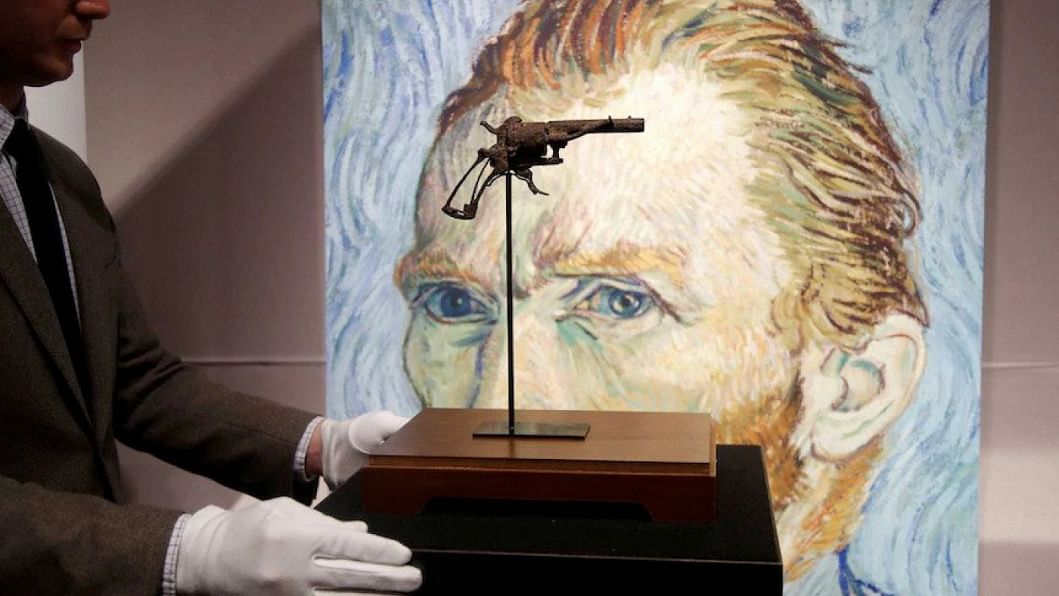
Vincent van Gogh fits the stereotypical image of the tragic modern artist: the tortured genius and scruffy bohemian battling mental ill-health and lack of recognition from peers and a public who couldn't appreciate his audacious vision.
Now, of course, he is one of the world's most famous artists, but it was only after his early death that his profound influence on Western art – laying the groundwork for the transition from impressionism to expressionism and beyond – became apparent and his artworks started to sell for millions.
We know he came to art in his late 20s, after a stint in the art trade and training for the clergy, but were these ventures undermined by his artistic temperament, or mere stepping stones to the inevitable goal of expressive painting?
Historians and sociologists of art are fortunate when considering these questions, compared to, say, those interested in the makings of Leonardo da Vinci or Rembrandt, because of the sheer volume of biographical material available on van Gogh. The most important element of this material is undoubtedly van Gogh's letters. He wrote hundreds during his lifetime, and they were preserved and published by his family after his death. Today they're available online for free via the Van Gogh Museum's website.
Art and religion
My own reading of the letters, as a sociologist, suggests a much more down-to-earth view of van Gogh's life and his decisions than the popular narratives might have us believe. This reading still ends in tragedy, for sure, but sees a man driven by the same desires and impulses as anyone else. His letters expose, to me, a man just as much trapped within the limits of his social background as any of us.
To put it in a nutshell, van Gogh's decision to become an artist was underpinned in good part by his struggles for love and esteem within a thoroughly bourgeois family anxious about its standing.
It's no accident that van Gogh's three major professional callings were art trading, religion and art itself. They were all part of the world he grew up in. His father was a third-generation clergyman, his uncle an art trader and his mother an amateur artist well connected to the Dutch art world.
Art was the common medium in the home for celebrating God and expressing awe at nature. Yet, there was a sense of decline too.
Rescuing the van Goghs
Van Gogh's father took theological stances at odds with Church orthodoxy and was not considered a strong public speaker, so he was consigned to a low-paid rural post in Brabant in the Netherlands.
His mother was felt to have married down. It was important, his family felt, that van Gogh re-secure their place in society. This was, as their letters to him and his brother Theo make clear, key to their affection and often the source of their frustration.
Van Gogh's parents poured money into boarding school for him, but being sent away only made him feel cast out of the family. Leaving school early, he was sent to work in his uncle's business.
For a time, he prospered, much to his parents' delight. But when he was seconded to the London branch, he again felt cut off from his family and became lonely. A disastrous effort to find love with his landlady's daughter turned into surliness and challenging behaviour in the workplace and he was fired.
Unsurprisingly, given his heritage, van Gogh turned to religion, at first for solace but then as a way of realising his parents' ambitions and saving himself in their eyes. He would be just like his father and enter the clergy. His parents hired tutors and pulled strings, but his limited schooling left him unprepared for the entrance examinations and he eventually gave up.
He still wanted to minister to the poor, for whom he felt sympathy, but his experiments in doing so in a Belgian mining community exposed the opposite problem: he considered them too coarse to get on with. His extreme efforts to lower himself to or below their level – dressing shabbily, sleeping rough, and eating austerely – brought trouble with the local religious authority and he was cast out again. His parents and siblings were distraught at his failures. Van Gogh was hurt and ashamed.
A little later, van Gogh sent a letter to his brother telling him he had taken up art. We do not know the explicit reasoning for this decision but, given he had failed in art trading and religion, we might suppose that, ultimately, art was the only avenue he had left to realise his parents' ambitions and win favour in their eyes.
The greatest tragedy of van Gogh's life, therefore, is less that he didn't find fame or fortune in his lifetime – he never really craved that – but that his father died before anything came of his artistic ventures and his mother never approved of his artworks.
This piece was published in Dawn on April 16, 2023 (republished from The Conversation).
Will Atkinson is a professor in the School of Sociology, Politics and International Studies at the University of Bristol, UK.

 For all latest news, follow The Daily Star's Google News channel.
For all latest news, follow The Daily Star's Google News channel. 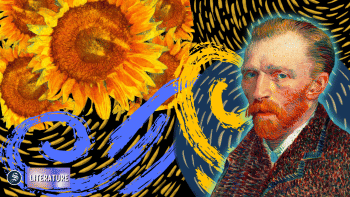
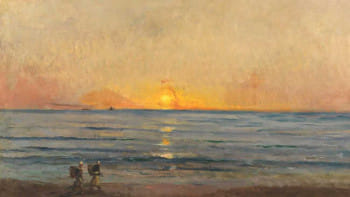
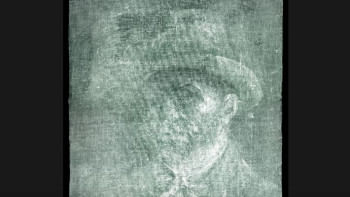
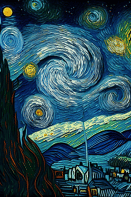



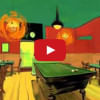

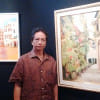


Comments